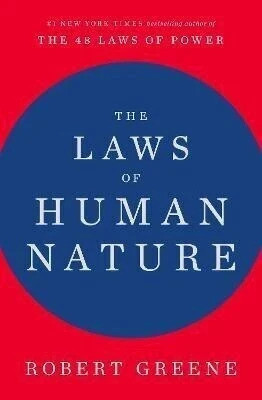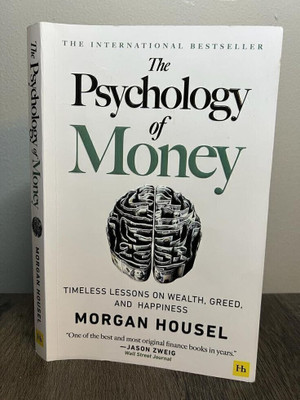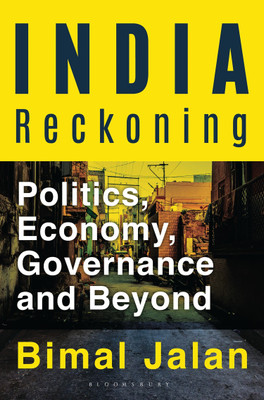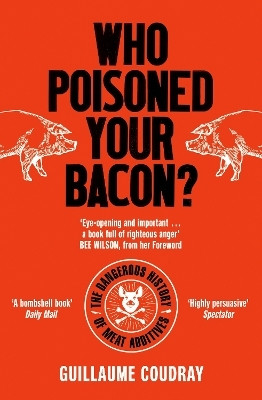
The Critical Philosophy of Kant; Being an Introduction to the Study of the "Critique of Pure Reason." (English, Paperback, Weir Archibald Alfred Egles)
Price: Not Available
Currently Unavailable
Highlights
- Language: English
- Binding: Paperback
- Publisher: General Books
- ISBN: 9781458887092, 145888709X
- Edition: 2009
- Pages: 30
Description
This historic book may have numerous typos, missing text or index. Purchasers can download a free scanned copy of the original book (without typos) from the publisher. 1881. Not illustrated. Excerpt: ... OHAPTEE 71. THE TRANSCENDENTAL DIALECTIC. L In the course of tlie foregoing part of the Critique we have been incessantly'reminded that each of the elements therein distinguished is meaningless unless connected with the rest of the factors in experience, including the manifold of sense. In fact, the utmost that we can know, according to the doctrme DEGREESoFThe AnalyticxJsw DEGREESfim we Jjjght_sensuously perceive if only ourorgans of perception were fine enough, and which we become cognisant of by inference froth facts that we have perceived. Nevertheless, it is a remarKBIe peculiarity of We human spirit that it refuses to be confined in its activity to the acquisition of mere sensuous experience and inferences of a similar nature. On the contrary, the ablest minds have devoted themselves to the study of the supra-sensible, and the most vulgar souls are not destitute of some theory or other respecting the unseen and unfelt. It is useless, therefore, or at any rate not very persuasive, to point to our logic of truth and stigmatise all that does not precisely conform to it as idle dreaming. The facts of the case are such that he who fashions a logic of truth limited to the empirical must be ready with a logic of illusion to account for man's persistent deviation from the world of experience* Error is as integral a part of this world as truth, and demands as justly an explanation. And accordingly this duty Kant saw to be no less incumbent on him than the construction of his logic of truth. The execution of the one is equally characteristic of him as that of the other. Indeed he is quite as celebrated for the one achievement as he is for the other; one class of thinkers honouring him for his explorations into the logic of truth, another class for his iconoclastic zeal in h...
Read More
Specifications
Book Details
| Imprint |
|
| Publication Year |
|
Dimensions
| Width |
|
| Height |
|
| Length |
|
| Weight |
|
Be the first to ask about this product
Safe and Secure Payments.Easy returns.100% Authentic products.
Back to top




